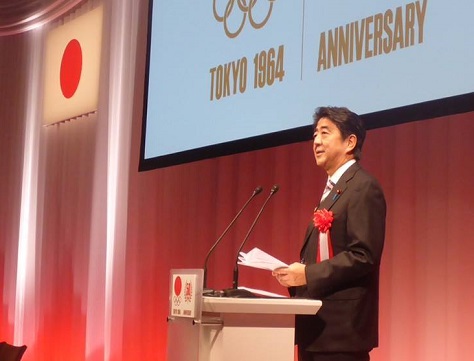Barely hours after the news that Japan is entering a recession, with an annualized GDP drop of 7.3% in the second quarter and 1.6% in the third quarter, prime minister Shinzō Abe (安倍 晋三) has announced snap elections that will be held sometime in mid-December.![]()
Ostensibly, Abe’s rationale is his determination to postpone the next installment of Japan’s consumption tax increase, which jumped from 5% to 8% in April and is set to rise further to 10% in 2015.
But that’s an obvious fig leaf — the consumption tax is the legacy of the opposition government that Abe defeated in his landslide victory in December 2012.
Instead, Abe hopes to maximize his government’s relative popularity and to take advantage of a scattered opposition to win a rapid mandate next month and extend the LDP’s control for another four years instead of waiting to face voters in 2015 or 2016, when the opposition could be stronger and when Abe’s policies might be even less popular. Abe also faces an internal LDP presidential election next year — it will be hard for rivals to attack Abe so soon after a successful election victory.
Ultimately, however, the election is also a referendum on ‘Abenomics,’ the most audacious experiment in neo-Keynesian economic policy today. Continue reading Abe calls snap elections in Japan as recession returns
